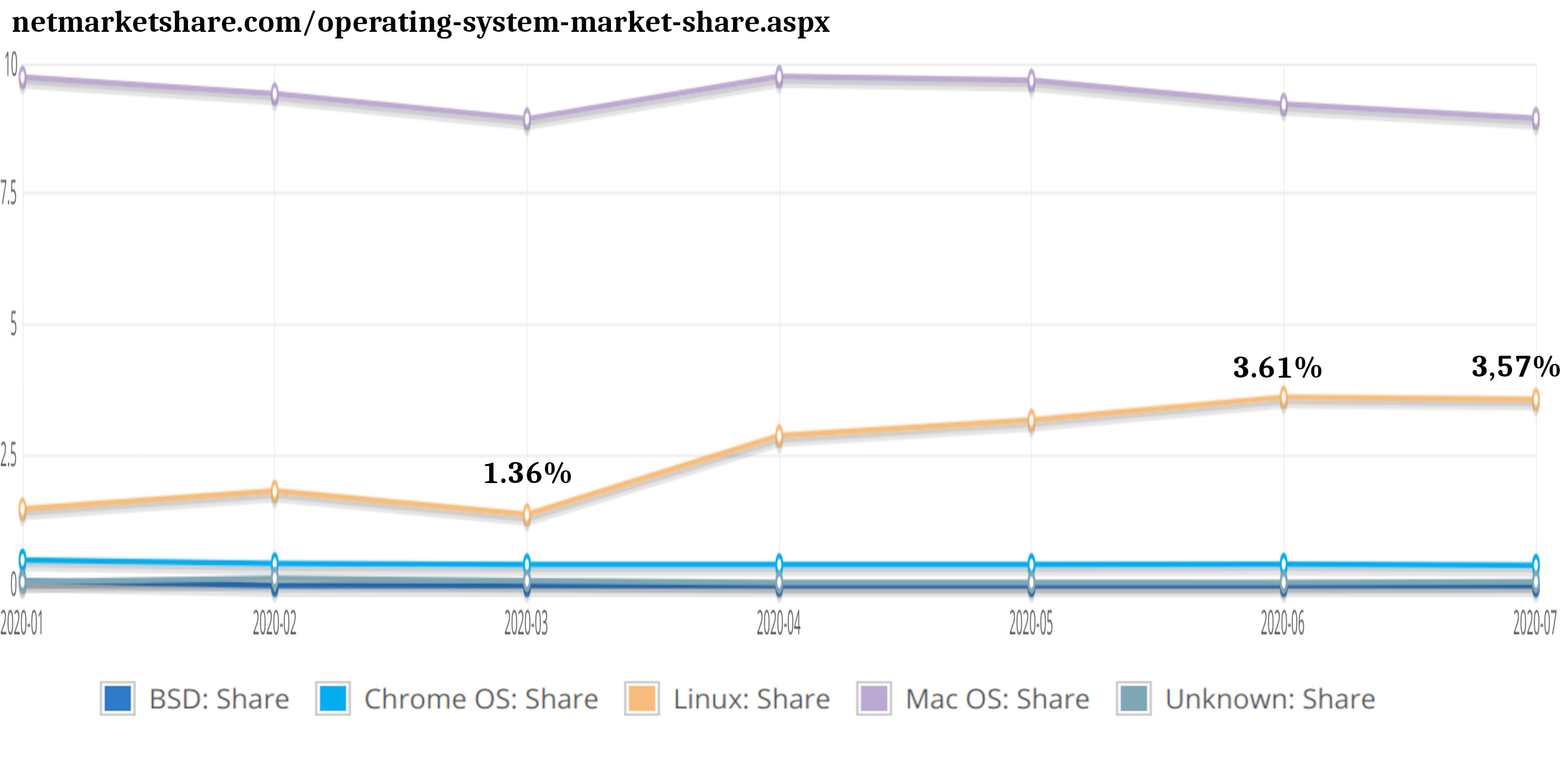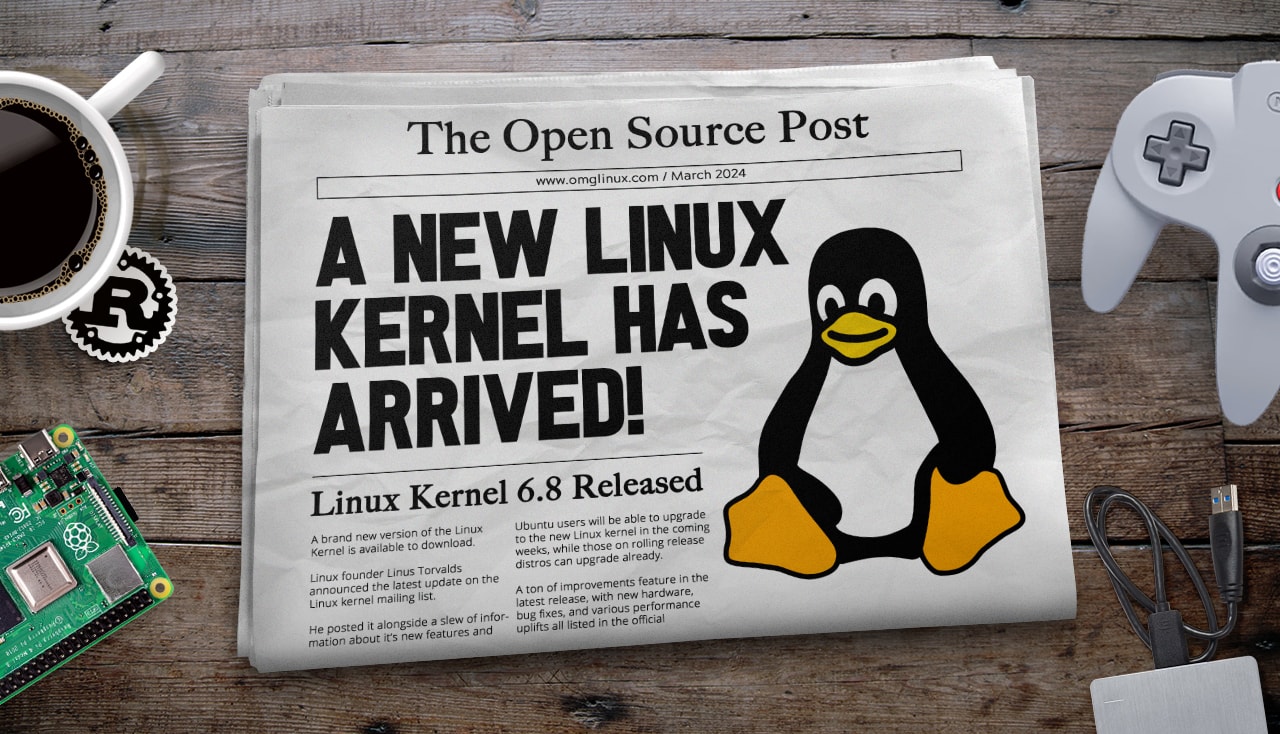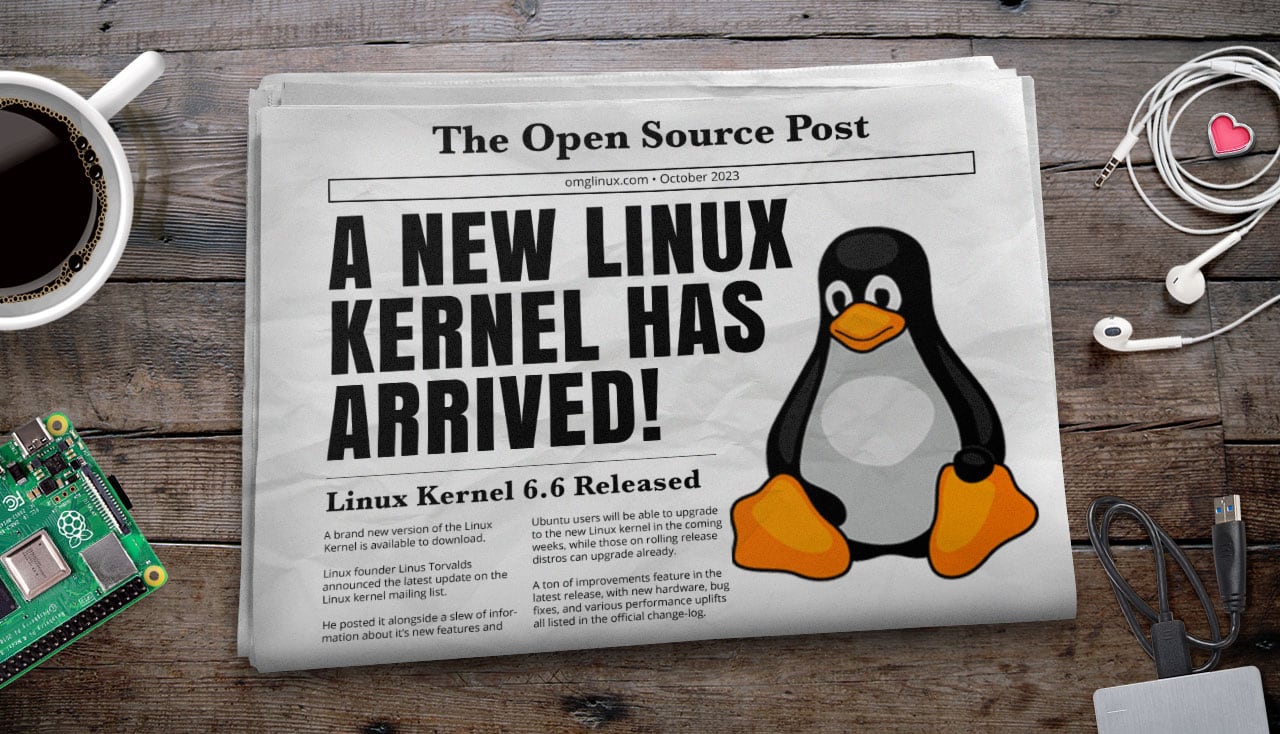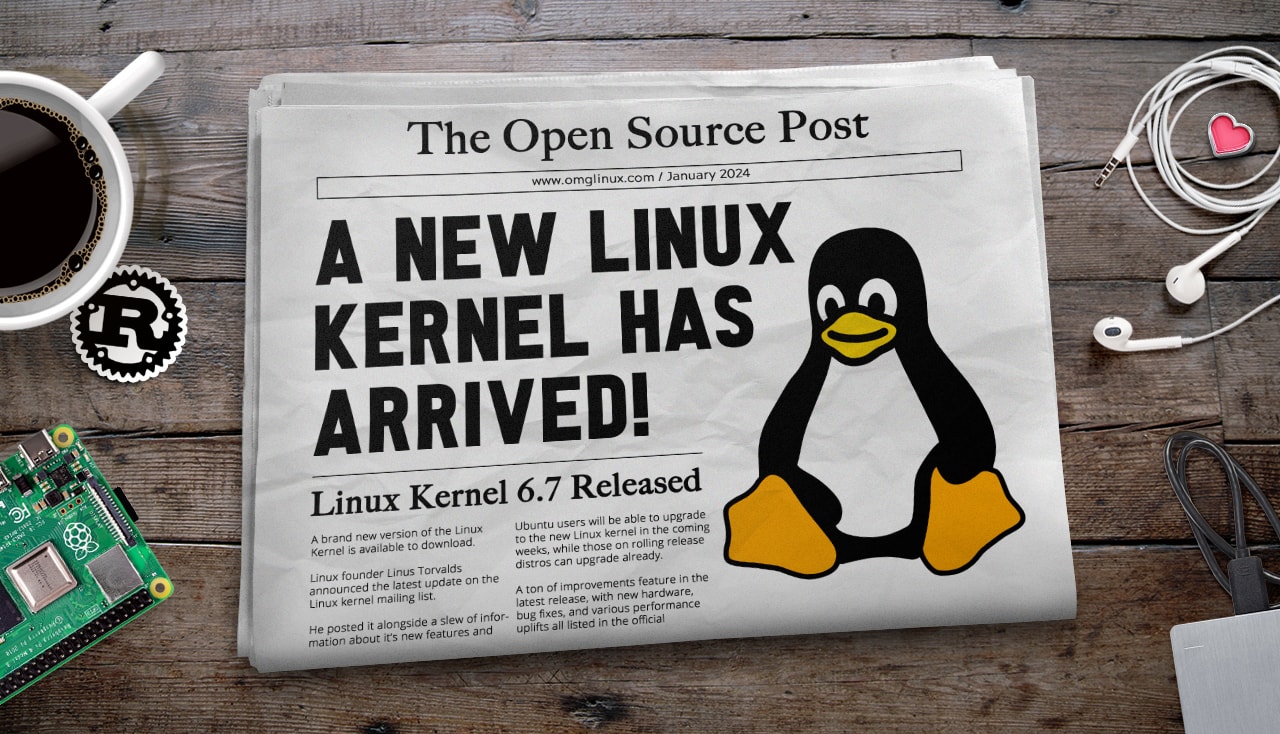
The Dawn of Linux Kernel 6.7: A New Era for File Systems and Hardware Support
By Kate Monroe
In the ever-evolving landscape of technology, a new milestone has been reached with the announcement of Linux Kernel 6.7 by Linus Torvalds. This latest iteration brings forth a plethora of enhancements and new features, setting a new benchmark for operating systems.
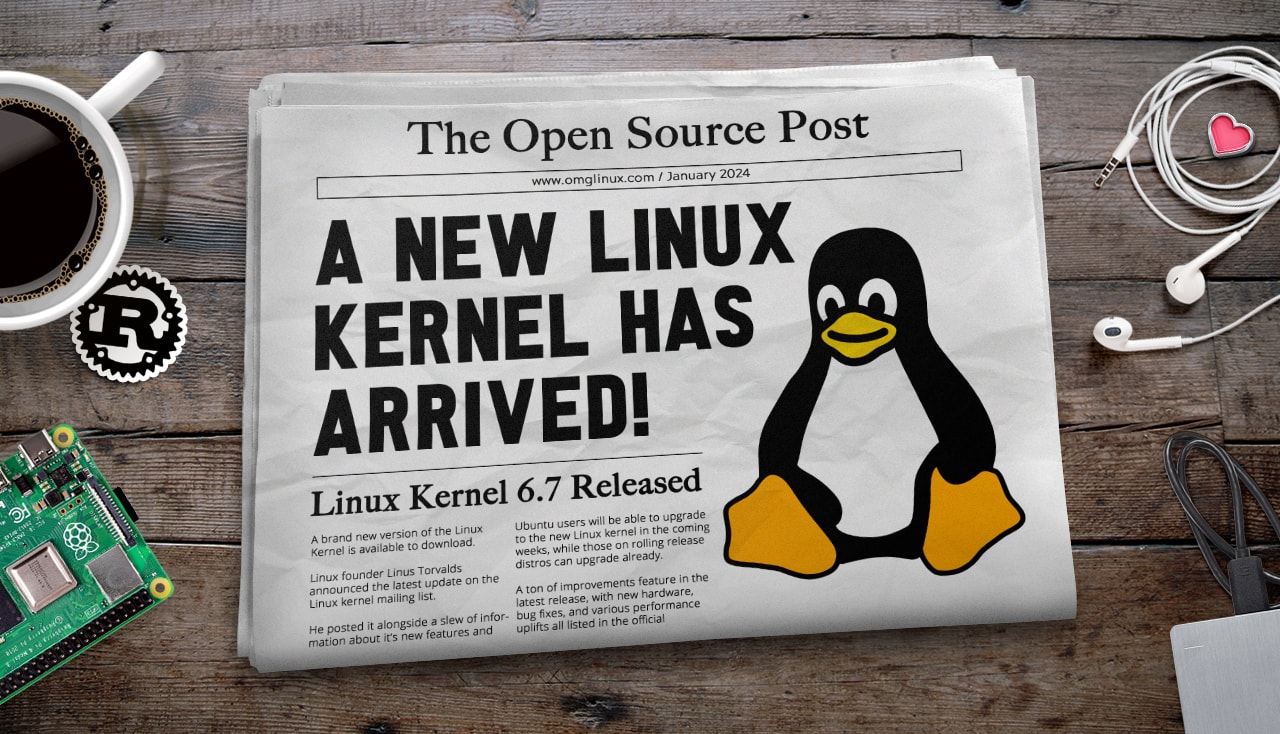 The new Linux Kernel 6.7 brings significant updates and improvements.
The new Linux Kernel 6.7 brings significant updates and improvements.
One of the most anticipated features of this release is the introduction of the bcachefs file system. Designed to provide copy-on-write functionality, bcachefs aims to revolutionize disk operations by making them transactional. This means users can now enjoy an ‘undo’ function for complex sets of disk write operations, a feature that promises to enhance data integrity and system reliability.
bcachefs aims to rival ZFS and Btrfs in performance and reliability.
The removal of support for the Itanium CPU architecture marks a significant shift, reflecting the industry’s move towards more modern and efficient processors. Meanwhile, the addition of full support for Intel’s 14th generation chips and improved handling for Nvidia cards underscores Linux’s commitment to staying at the forefront of hardware compatibility.
The kernel’s enhanced support for DisplayPort monitors connected over USB-C, along with improved handling for keyboards and other input devices from leading manufacturers, ensures a seamless user experience. Furthermore, the in-kernel hypervisor KVM’s support for Chinese LoongArch RISC chips and the new smstateen extensions for RISC-V hardware highlight Linux’s dedication to security and versatility.
The update to support Rust language modules in the kernel to revision 1.73 is another testament to Linux’s adaptability and forward-thinking approach. This, coupled with the significant advancements in file system technology and hardware support, makes Linux Kernel 6.7 a landmark release.
As we look towards the future, the impact of Linux Kernel 6.7 on the tech landscape cannot be understated. Its contributions to enhancing system performance, reliability, and security will undoubtedly shape the development of software and hardware for years to come.












